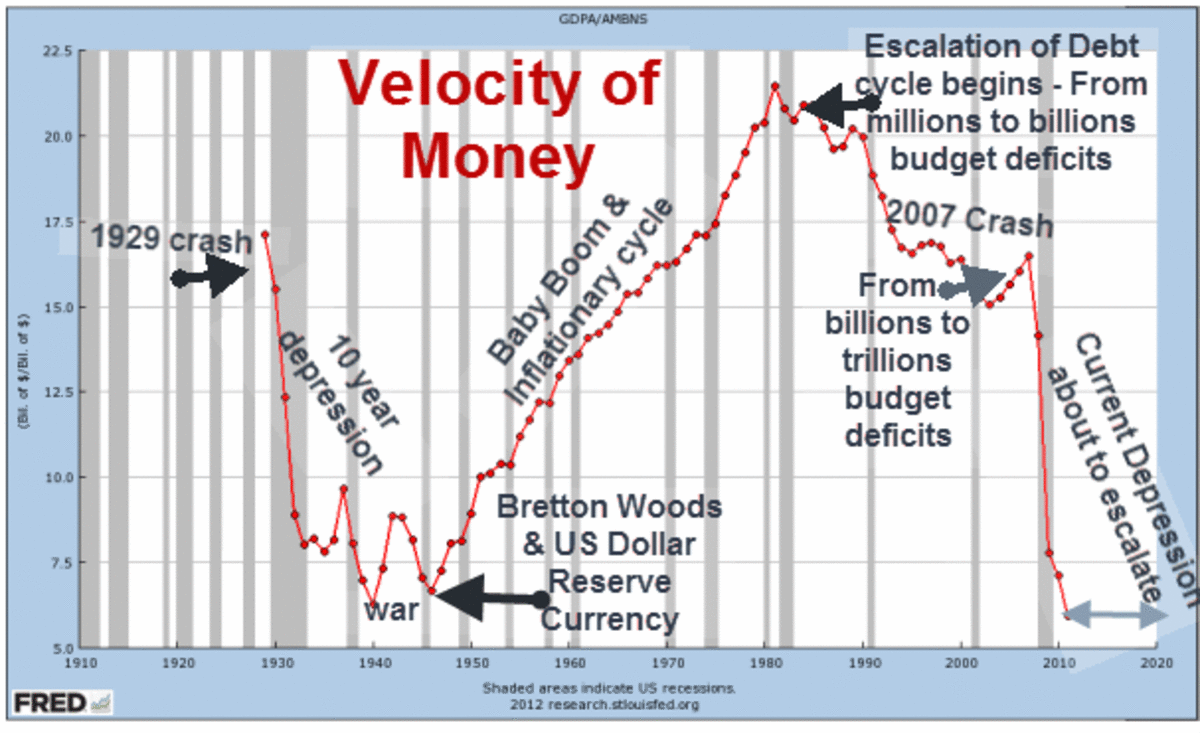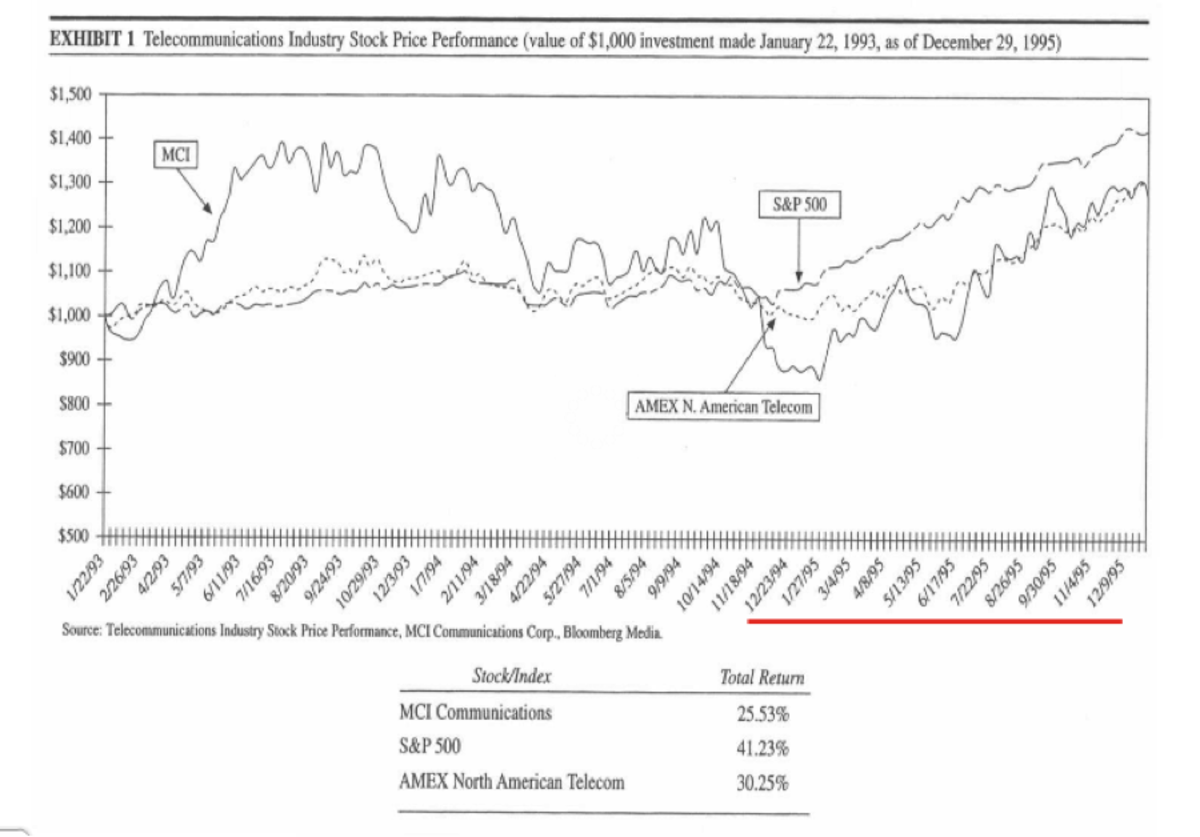Increase in Aggregate demand always desirable in an economy?


Whether demand leads growth or growth leads demand is an age old question among economist. The relationship between growth and aggregate demand has always been the subject of major economic debates.
Aggregate demand is an economic measure of total demand for all goods and services produced in an economy. Changes in interest rates, inflation expectations, income and wealth are some of the key economic factors affecting aggregate demand.
A low interest rate will encourage consumers to increase spending and firms to increase capital spending, as they can now borrow at lower interest rates. Currency exchange rate changes also affect demand in an economy, as a fall in the value of domestic currency tends to increase demand for domestic goods, because goods manufactured in the domestic market will become cheaper.
Expectations about future interest rates also affect aggregate demand in an economy. Because if actual interest rates differ from the expected one, then individuals will definitely change their perception of future interest rates and act accordingly. This change will affect their demand for goods. Also, if firms expect interest rates to be highly volatile then the policy implications of Keynesian model will have different results leading to different level of output and demand. As consumption expenditure is one of the components of total spending and it depends on expectations about future income prospects, therefore aggregate demand is also affected by wealth and income changes.
Economic conditions also impact aggregate demand. For example, during the financial crisis 2008, due to less lending in the economy, business spending and investment declined which led to layoffs of workers by firms. This resulted in rising unemployment and so personal consumption began to decline and so does aggregate demand. Early economic theories presumed that production is the source of demand. According to Say's Law, given by Jean Baptiste Say, production limits consumption. In other words supply itself creates its own demand.
But in 1930’s, John Maynard Keynes came up with a theory that placed total demand in the driver’s seat and stated that, demand for goods and services stimulates total output in the economy. In other word producer’s view rising level of production as a sign to increase production. When demand for a good rises, firms can easily produce more by employing more labors (unemployment in the economy) at same average cost of production, therefore price doesn’t change and total output rises in an economy.
Therefore Keynes was about the perception that in an economic government should work towards stimulating demand through monetary or fiscal policy measures. In case of monetary policy, an increase in the nominal money supply by government, leads to higher real money stock at a given price. But if an increase in money supply is matched by an equally proportional increase in price, then real money balance remains unchanged and so does aggregate demand.
But in the case of fiscal policy measures, an increase in government spending can lead to increase in interest rates and output, thereby stimulating demand in the economy for goods and services. The level of shift in aggregate demand is determined by the fiscal policy multiplier. This measure is more effective if in an economy, investors are risk taking and money demand is highly interest sensitive.
However, aggregate demand has several shortcomings determining the overall strength of consumers and businesses by representing total . Aggregate demand might be helpful in output at a given price level, but it does not represent the quality or standard of living of people in an economy. Increasing aggregate demand might lead to inflation in the long run.
The Classical school of thought, however, believed that the increase in Aggregate demand leads to only increase in prices without affecting the level of output. Because classicals assumed that the labor market is always in Equilibrium (as everyone is employed). So to satisfy increased demand even if firms try to increase output by employing more labors, they won’t be able to do so, because labor supply is zero. Therefore, even after increasing wage firms output does not rise. In other words, attempts to increase spending rather than production causes misdistribution of wealth or higher prices or both.
Workers’ expectations of the price level in an economy influence the effect of aggregate spending on unemployment. As when aggregate spending increases, then prices rises which encourages firms to increase wages. This wage changes reacts in accordance with the labor supply and affects unemployment.
Boosting aggregate demand boosts the size of the economy by increasing the level of GDP or output. But this is not always true because increase in real GDP might be different and so does the results. An economy as we have seen in the case of full employment, an increase in aggregate demand might lead to inflationary pressures. But it may work if the economy is operating below the full employment condition. However, this does not prove that ion. An increase in aggregate demand has been always desirable and leads to economic growth.
Also aggregate demand studies millions of different economic transactions. Therefore, it becomes very difficult to measure which factors affect aggregate demand and to which extent, even after using a regression analysis. So aggregate demand is not a true measure to count on the growth of an economy. And therefore increasing aggregate demand always does not count as a reasonably appropriate solution to every economic problem.
This content is accurate and true to the best of the author’s knowledge and is not meant to substitute for formal and individualized advice from a qualified professional.
© 2020 Mansi Aggarwal








